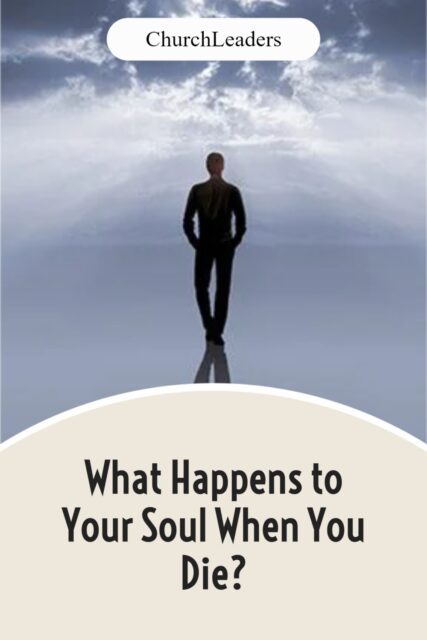We’ve all thought about it. What happens the moment we take our last breath, our heart stops beating, and our soul departs from our now dead body? Truth be told, most of us fear dying, even if we do not fear death. Dying is often a painful struggle. Dying often occurs in a sterile, clinical environment and is usually an ugly process.
However, by trusting in the promise that death means entrance into eternal life in the presence of the Lord, as well as trusting in the power of Christ to raise the dead, Christians need not fear the outcome of death even if we experience trepidation regarding the process of dying.
Stories and legends about death and dying abound. This is the case, in part, because the Scriptures do not describe the process of dying, although they do speak of several individuals who died but were raised back to life by Jesus. Lazarus comes to mind (John 11) among others (e.g., the widow of Nain’s son in Luke 7:11–17). But we do not possess any firsthand account (including from Lazarus) of what these people experienced when they died.
We can only but wonder what Lazarus was thinking when he died a second time, this time to enter eternal life. Now, we do know what our resurrection bodies will be like, since Paul gives us a remarkable description of the complete transformation that takes place when Christ returns and we are raised imperishable (1 Cor. 15:35–49).
But there is not much biblical data on the intermediate state—that period of time when the souls of the believing dead await the resurrection of their bodies and the final and complete overturning of the curse (death).
It is also the case that the very nature of the question (What happens to our soul when we die?) lends itself to speculation. I recall my saintly grandmother (a pastor’s daughter) recounting bedside vigils with dying church members.
She described how before breathing their last, a dying person would often open their eyes, look heavenward, express some sort of joy and expectation, then surrender to the inevitable. She believed these saints were given a brief glimpse of what (or who) awaited them.
That may be, but it is just as likely that the biochemical reactions within the brain to a body shutting down produces all kinds of sensory activity. Such accounts, however sincere, are anecdotal and provide no basis on which to build doctrine.


